'Here & Now' Highlights: US Rep. Glenn Grothman, US Rep. Mark Pocan, Chancellor Jennifer Mnookin
Here's what guests on the Oct. 24, 2025 episode said about the ongoing federal government shutdown and a new program at UW-Madison focused on promoting civil dialogue.
By Zac Schultz | Here & Now
October 27, 2025
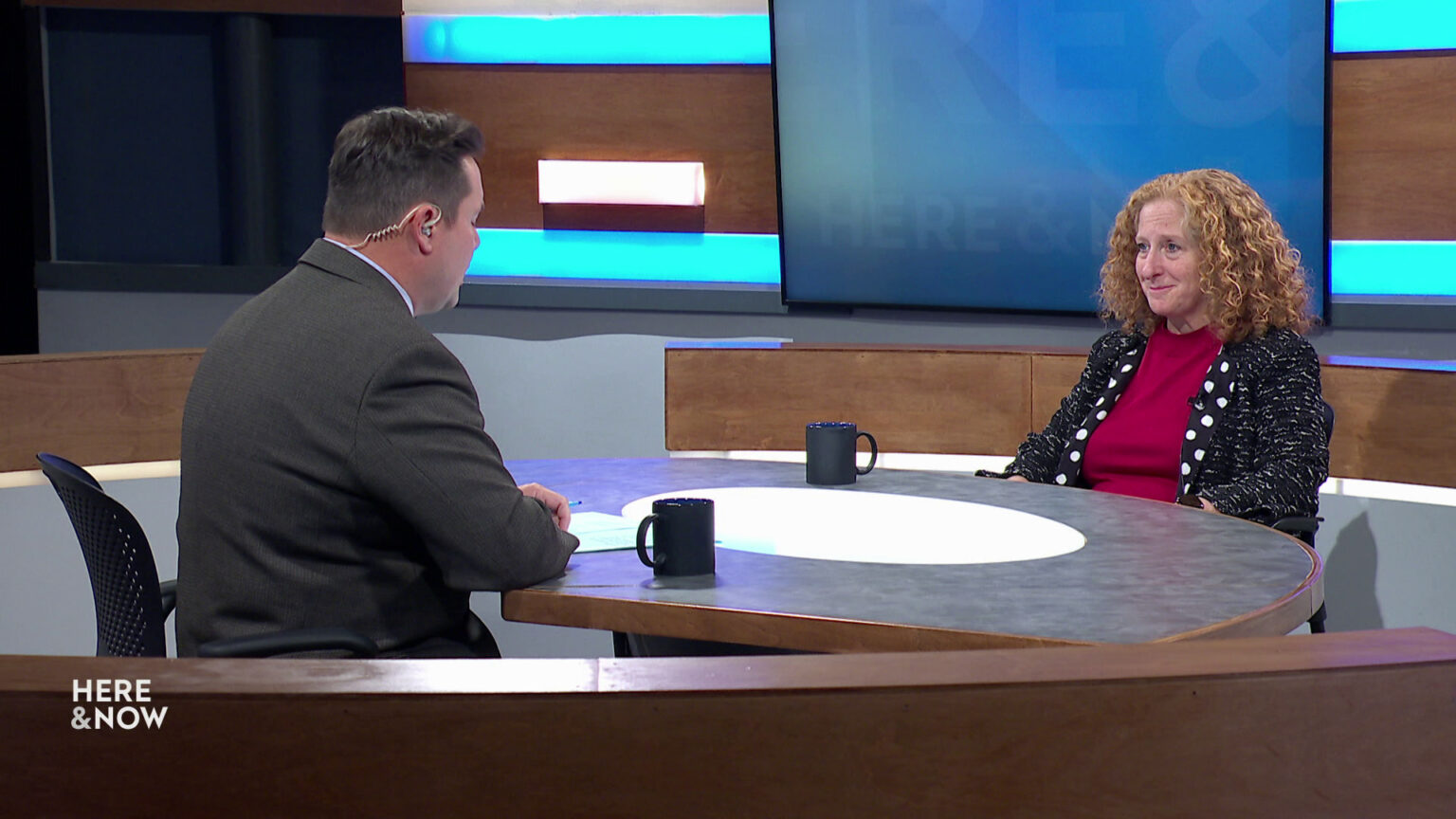
Zac Schultz and Chancellor Jennifer Mnookin (Credit: PBS Wisconsin)
The 2025 federal government shutdown has become the second longest in history, and two of Wisconsin’s members of the U.S. House of Representatives — Republican U.S. Rep. Glenn Grothman and Democratic U.S. Rep. Mark Pocan — spoke about the impasse. UW-Madison announced the Wisconsin Exchange, and Chancellor Jennifer Mnookin described how this initiative seeks to promote civil conversations on campus.
U.S. Rep. Glenn Grothman
R-6th Congressional District
- On Sept. 19, the U.S. House of Representatives passed HR 5371, a continuing resolution to fund the federal government for a limited period. This bill then moved to the U.S. Senate, which had yet to pass it as of Oct. 24. One of the main holdups is funding for premium subsidies for the Affordable Care Act. Grothman said the proper course is for Democrats to vote to reopen the government and then negotiate spending on ACA subsidies and other priorities.
- Grothman: “It’s always fine and good to say we’re going to vote for more spending of every type. But right now we’re borrowing 26% of our budget. That’s why we’ve got to get the continuing resolution passed, because there may wind up being a little more for subsidies in there, but it depends upon what’s going on in the other items. We’ve got about $1.8 trillion in discretionary spending that we’re voting to extend, of which the Obamacare subsidies are part. That is because the Obamacare is flawed. It would be nice to change how Obamacare works so we don’t have to keep dipping further and further in these subsidies. But again, we’ve got to ask the Democrats, 26%of our budget is borrowed: What do you plan on cutting instead if you do want to put $34 billion a year —- about what they’re looking at — into Obamacare subsidies.”
U.S. Rep. Mark Pocan
D-2nd Congressional District
- The partisan divisions central to the shutdown have remained in place since it started at the beginning of October, as reflected in previous Here & Now interviews with Republican U.S. Sen. Ron Johnson and Democratic U.S. Sen. Tammy Baldwin. Weeks later, Pocan said he expects Democrats in the Senate to continue to vote no on the continuing resolution to reopen the federal government until Republicans negotiate on extending ACA premium subsidies.
- Pocan: “I think we need to make sure that people understand what’s at stake, and I think people will by Nov. 1st. You have to —have the rate increases for the Affordable Care Act for almost everyone’s group plans. I think that will show what we’ve been talking about all along, which is 15 million people are going to ultimately lose their health insurance because of the big, ugly law. And right now, I had — an employer told me just a couple weeks ago that their new increase for next year’s insurance is 41%, and that’s because of uncompensated care created by the Affordable Care Act. So, I think they just need to make sure that Republicans I know are getting the calls like we are when it comes to this, and it’s going to only intensify by Nov. 1 when people do get those rates.”
Chancellor Jennifer Mnookin
Chancellor, University of Wisconsin-Madison
- Following years of controversies over speech on campus and amid growing political divisions, UW-Madison has launched a new program called the Wisconsin Exchange, which “aims to help students, faculty, and staff engage, live, and lead in a polarized world.” Mnookin said the it will focus on giving more people on campus the chance to engage with people with different backgrounds and perspectives, but it won’t be a requirement for students or staff.
- Mnookin: “We’re frankly starting out with a coalition of the willing. We’re starting out with people who are interested in doing this. It won’t reach everybody on our very large, pluralistic campus from the get-go. We already have programs like the Deliberation Dinners, where 375 of our undergraduates are raising their hands to come together for six dinners across the year in groups of 10 that are selected for viewpoint diversity, to gain skill and practice in talking about pretty contentious issues and learning that you can learn from people who see the world very differently from themselves. That’s grown over the past couple of years, each year, and in fact we had more people who wanted to participate this year than we could include. And these additional programs will, at first, be for those who are interested. I hope down the road that we might be able to grow some trainings in other spaces around the university and reach even more students, as well as faculty and staff.”
Watch new episodes of Here & Now at 7:30 p.m. on Fridays.
 Passport
Passport




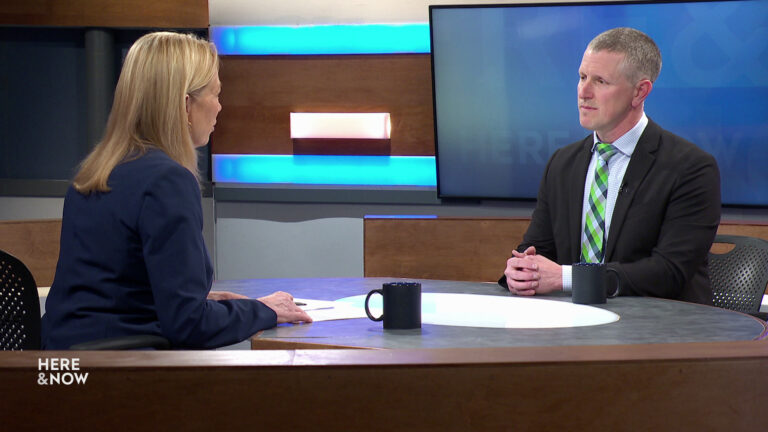
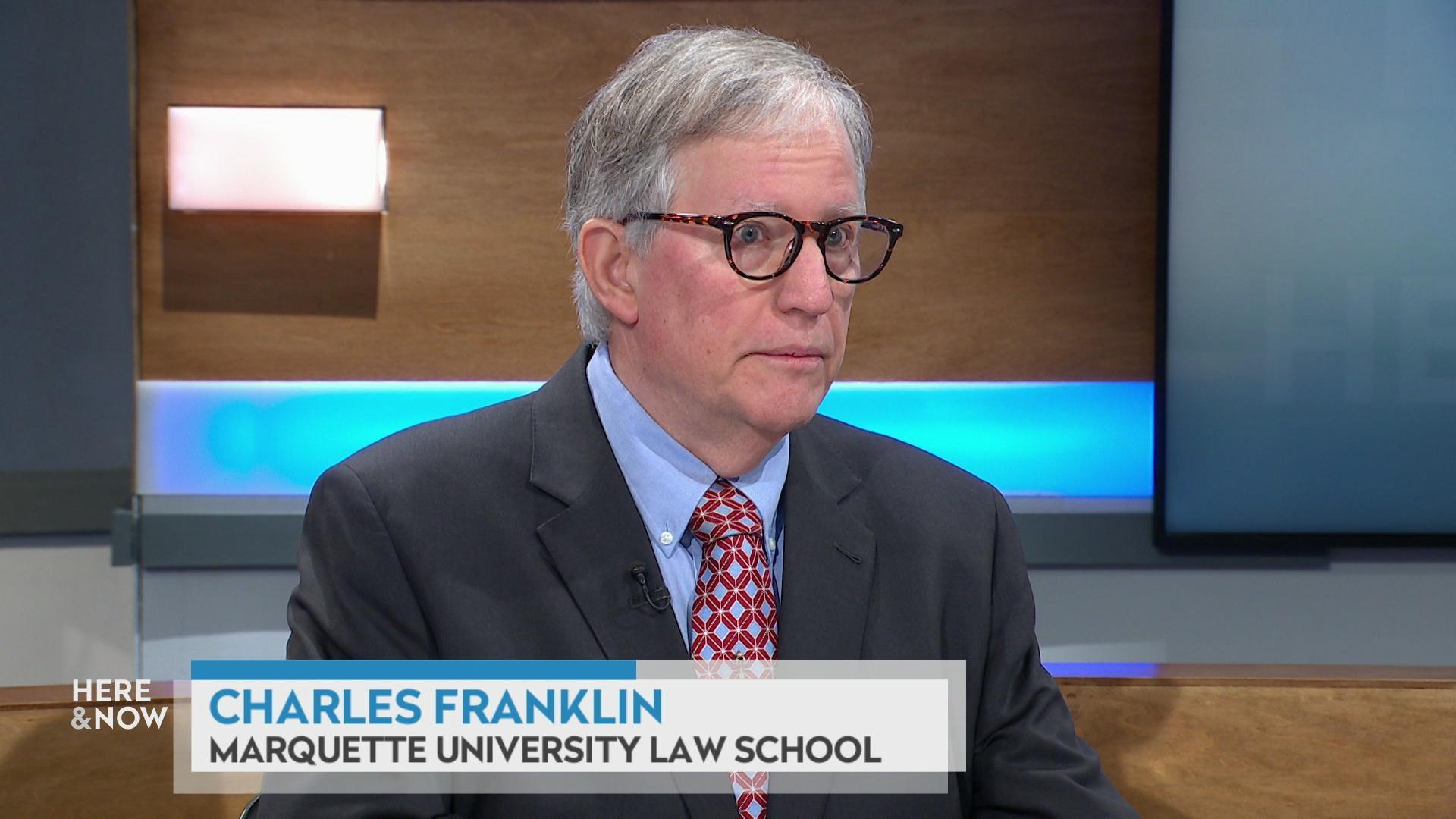
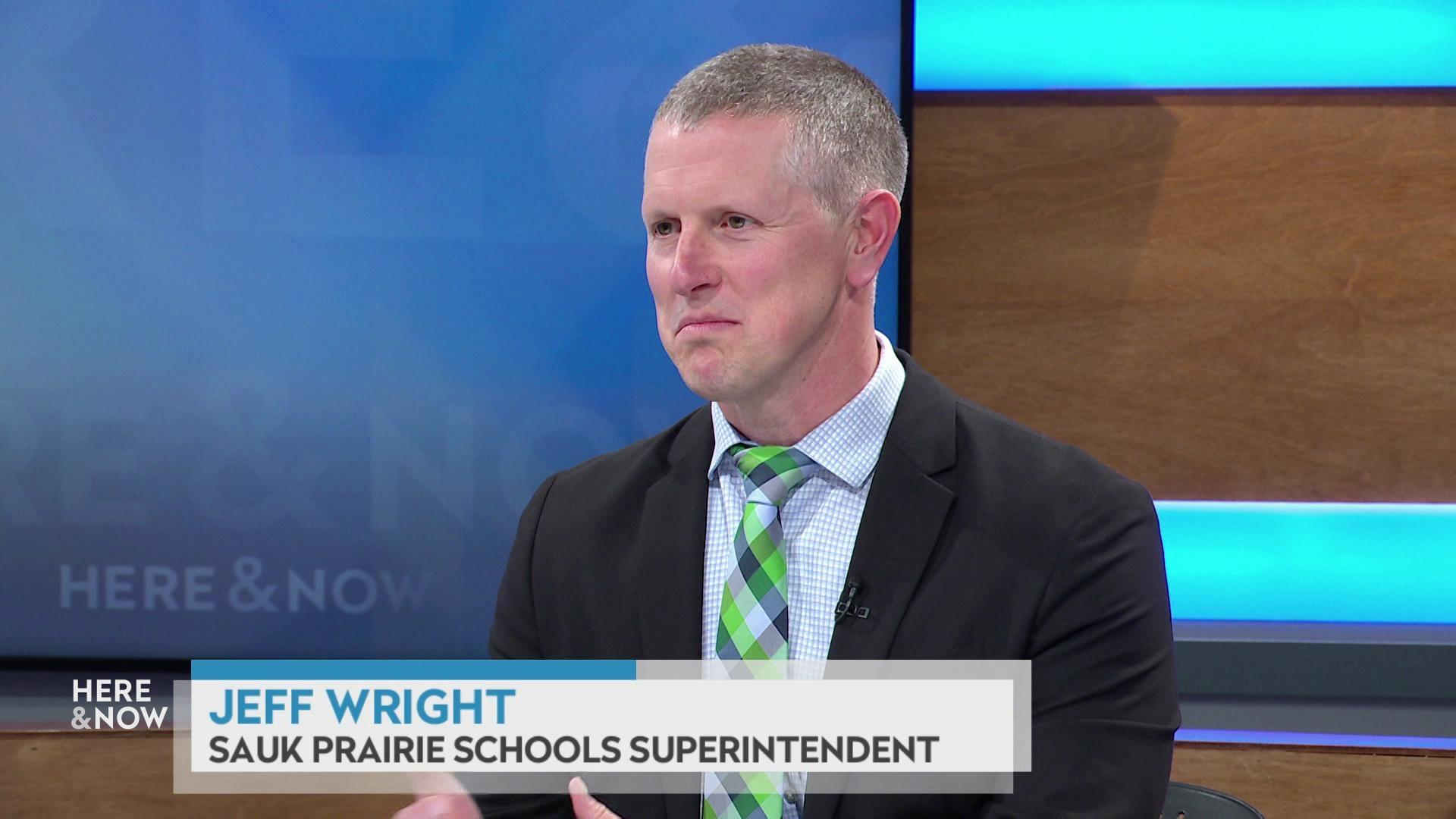
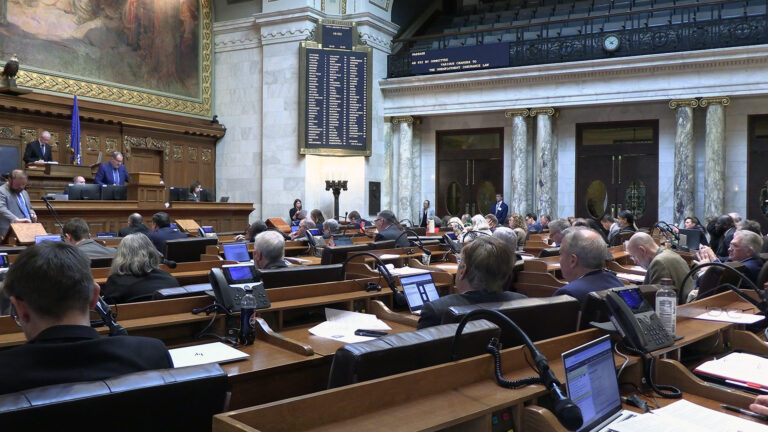

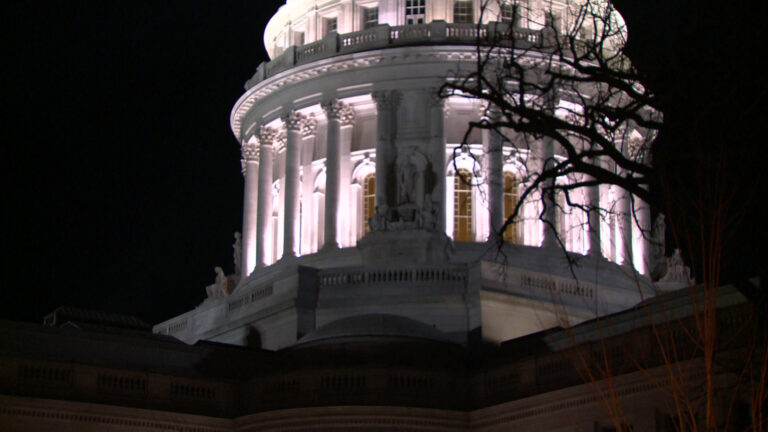

Follow Us